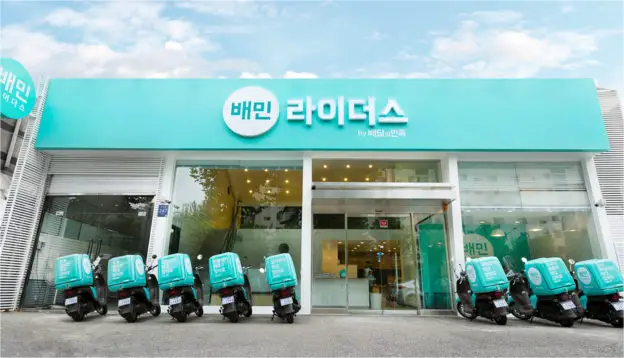South Korea is testing robots to deliver food and other items, and plans to start putting them on the road in 2023, as the pandemic shifts and labor costs increase. The increasing labor costs made companies to find solutions with help of technological advancements.
South Korean law still treats robots as unmanned “vehicles”
Woowa Brothers, South Korea’s largest food delivery platform, has been trialling robots since 2020, and another supermarket chain started using robots last November, and the government plans to develop such robots for export in the future.
Since South Korean law still treats robots as unmanned “vehicles” and is not allowed on the road, the government plans to enact relevant laws by the end of this year to improve this part of the problem.
The South Korean government has set up a special zone around apartments on the outskirts of Seoul, where Woowa’s “Dilly Drive” robot provides food delivery services. From the test, coffee shop employees put iced coffee and sandwiches into the Dilly, and once the Dilly lid was closed, the robot began to deliver it at a speed of 5 to 6 kilometers per hour.
Dilly can recognize traffic lights, avoid pedestrians, and when they reach their destination, customers can receive a message from their mobile phone and pick up their order, and Dilly will return to the waiting position.

Robots are on the road delivering food, helping to make up for the growing shortage of labor in South Korea, which has become more expensive. During President Moon Jae-in’s inauguration, the minimum wage has risen 42 percent over the past five years to 9,160 won per hour this year. It also became an opportunity for Woowa to choose to develop this type of robot in 2017.
In addition, the epidemic has also pushed up the transformation of retail patterns. The South Korean government alleges that in major retail companies in South Korea, online sales account for 48% of overall sales. Affected by the epidemic, the proportion of switching to the Internet has increased again. For brick-and-mortar stores that continue to lose customers, delivery robots are becoming costly.





